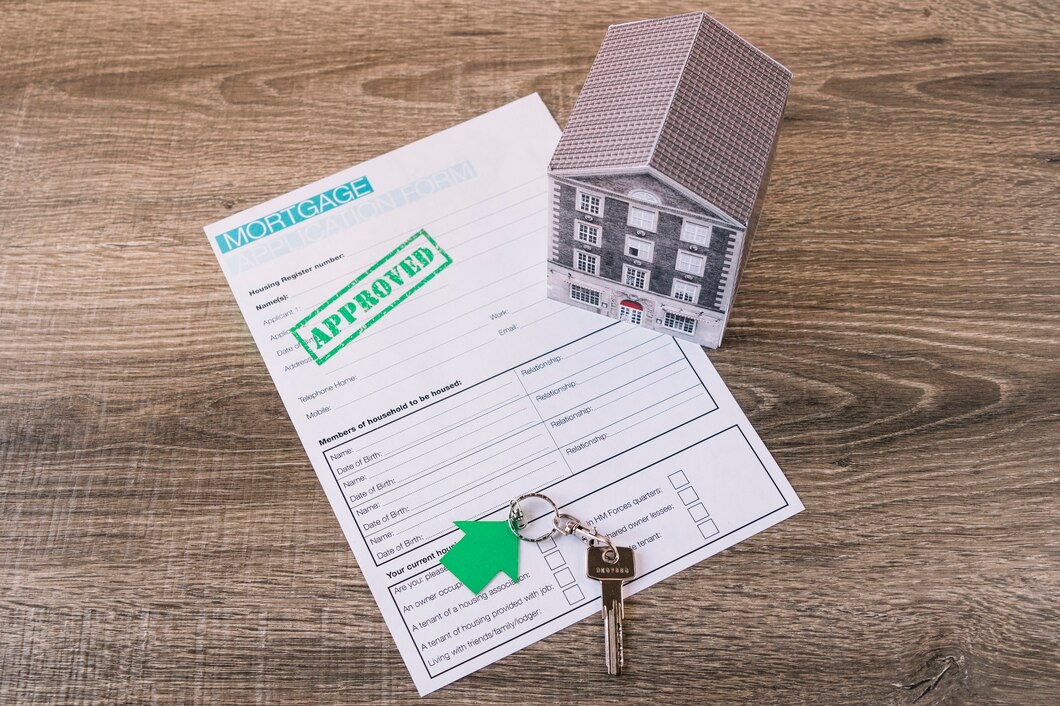Main Fraud Schemes
The foreign real estate market attracts investors with promises of high returns, but fraudulent schemes make such investments risky. The most common methods of deception include:
- Fake real estate offers. Dishonest sellers post ads for non-existent properties or properties to which they have no rights.
- Fraudulent real estate agencies. Unlicensed companies or fake realtors offer services for selecting and purchasing housing, then disappear with clients' money.
- Real estate investment pyramids. Organizers promise stable returns, but payments to early investors are made from the funds of new participants, leading to the collapse of the scheme.
- Scams in property purchase. Fake contracts, double sales, and inflated prices are used, resulting in the buyer losing funds or receiving a property with encumbrances.

Fake Realtors and Agencies
Fake intermediaries operate using various schemes, including:
- Request for prepayment. The seller demands a deposit for booking the property, after which they stop communicating.
- Document falsification. Fake realtors provide clients with fake contracts and invalid ownership certificates.
- Hidden fees. Agencies promise favorable terms but during the transaction require additional payments for non-existent services.
- Registering property in third-party names. Purchase is registered to nominal owners, depriving the investor of ownership rights.
- False representation. Some fraudsters pose as official agents of well-known companies, forge websites and documents, misleading buyers.
- Illegal use of mortgaged property. The property may be mortgaged to a bank, making its purchase impossible without settling debt obligations.
- Sale of property with legal issues. These may be properties with unauthorized alterations, encumbrances, or legal disputes unknown to the buyer.
- Creation of fake construction companies. Fraudsters collect money for the construction of new properties, which ultimately are not built or remain unfinished.

Fake Real Estate Offers
Fraud with foreign real estate often starts with advertising unrealistically profitable properties. Signs of such schemes:
- Price below market. Property is offered at a cost significantly lower than similar properties in the area.
- Lack of verifiable information. Refusal to provide documents for the property, absence of verified reviews.
- Urgency. The seller insists on the urgency of the deal, not allowing time to check conditions.
- Unofficial payments. Money is required to be transferred to personal accounts without official contract processing.
- Falsification of photos and data. Often photos of other properties are used, addresses and documents are altered.
- Lack of physical access to the property. The seller avoids meetings on-site or offers an inspection only after prepayment.
- Fake reviews and recommendations. Fraudsters create fake websites with positive reviews to instill trust in potential clients.
- Use of stand-in owners. Property may be sold through stand-in individuals to hide the real organizers of the scheme.

How to Avoid Fraud
To minimize risks when purchasing or investing in real estate abroad, you should:
- Check agencies and realtors. Ensure they have a license, study reviews, request official documents.
- Analyze the market. Compare offers, avoid suspiciously cheap properties.
- Study documents. Verify ownership certificates, construction permits.
- Conduct transactions with a lawyer. Engage an independent specialist to review contract terms.
- Do not transfer money to personal accounts. Payment should be conducted through notarized procedures.
- Check for debt obligations. Before purchase, ensure the property is not mortgaged.
- Thoroughly check counterparties. Checking company registration data, tax documents, and legal disputes can help identify unreliable partners.
- Request official property certificates. It is important to ensure the property is not in a disaster risk zone or earmarked for demolition.
- Conduct personal property inspections. It's better not to trust video presentations and photos, but to visit the property personally or through a trusted person.
- Avoid signing documents without translation. All contracts should be translated into a comprehensible language and reviewed by a specialist.

Adhering to these measures will help avoid financial losses and protect your investments from fraudsters.
 >
>